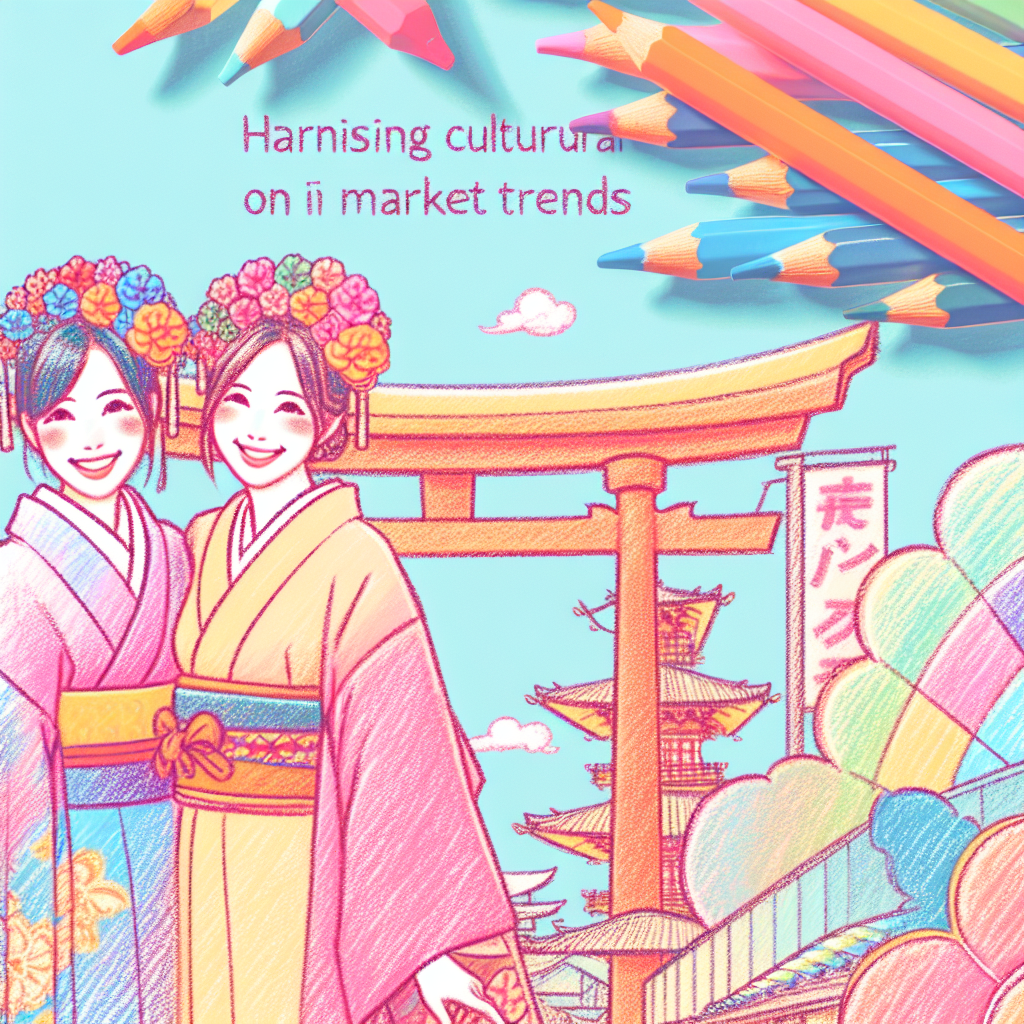Harnessing Cultural Influences on Market Trends in Japan
Japan stands as a unique intersection of rich cultural heritage and modern market dynamics, making it essential for businesses to comprehend the implications these cultural elements have on market trends. The Japanese consumer values products that not only resonate with their profound sense of tradition but also cater to their specific needs and preferences. Seasonal products, such as cherry blossom-flavored treats in spring or chestnut-infused snacks in autumn, exemplify how cultural elements significantly influence purchasing decisions. Understanding these cultural nuances isn’t just beneficial—it is crucial for success in the Japanese marketplace.
Understanding Consumer Sentiments
Navigating consumer behavior in Japan requires an empathetic approach. Many may feel that the fast-paced, digital world overshadows personal connections and customs, causing uncertainty about fulfilling consumer expectations. The fact is, as trends evolve, so do the preferences of Japanese consumers, often intertwining modern tastes with time-honored traditions.
In this landscape, enterprises must recognize that the demand for sustainable products and health-conscious choices is on the rise. An increasing emphasis on the environmental impact of consumption is evident, with many consumers now gravitating toward organic foods and eco-friendly options. Moreover, the integration of technology into daily life has given rise to a pressing need for businesses to solidify their presence in digital marketing and e-commerce platforms.
Strategies for Addressing Consumer Needs
To truly address these evolving needs, companies must seize the opportunity to develop products and strategies that reflect the dynamic cultural landscape. This notion extends beyond merely aligning with current trends to embracing a proactive stance on trend forecasting. Japanese consumers—especially the youth—are quick to adapt to novel technologies such as AI, AR, and VR, leading to a demand for immersive customer experiences. Companies that capitalize on these advancements will likely cultivate deeper connections with their clientele.
Moreover, the focus on wellness and mental health is increasingly vital. As schedules grow busier, there is a greater inclination among Japanese consumers to prioritize mental well-being and self-care. Businesses providing tailored solutions—like fitness programs or mindfulness applications—are thus uniquely positioned to capture this burgeoning market segment.
The Fusion of Culture and Market
Japan’s market uniquely showcases a fusion of culture and commerce that does not often occur elsewhere. For brands, weaving a compelling narrative can evoke a strong emotional resonance. Creating a clear brand story that aligns with cultural values serves as a foundation for success. Examples abound of companies that harness traditional elements in product designs and promotions, further enhancing their appeal.
Collaboration, too, is valuable; partnerships across industries or with traditional artists and designers can birth innovative products that captivate consumer interests. A strategy grounded in cultural appreciation can form lasting connections with consumers while creating a pathway for impactful marketing campaigns.
Conclusion: Shaping the Future of the Market through Culture
Ultimately, the cultural backdrop of Japan significantly dictates consumer expectations and behaviors. Businesses aiming for competitiveness must delve into consumer insights and prepare for upcoming trends. By leveraging cultural strengths and resonating with consumers’ values, they can foster long-lasting success in this market. Culture is not merely a static notion; it is a driving force behind shaping the future of market dynamics. Understanding and strategically leveraging this influence opens avenues for sustainable growth and prosperity in the Japanese marketplace.
In conclusion, the intertwined relationship between culture and consumer behavior invites businesses to engage in meaningful dialogues with their audience, thereby reinforcing cultural significance in shaping market futures. Embracing cultural insights will enable companies to not just survive but thrive in an ever-evolving landscape.
Call to Action
For businesses aiming to succeed in Japan, it is imperative to engage with the cultural context that shapes consumer behavior. Conduct in-depth research, understand the cultural nuances, and adapt strategies accordingly. The time to start is now—capitalize on this unique market opportunity today.


